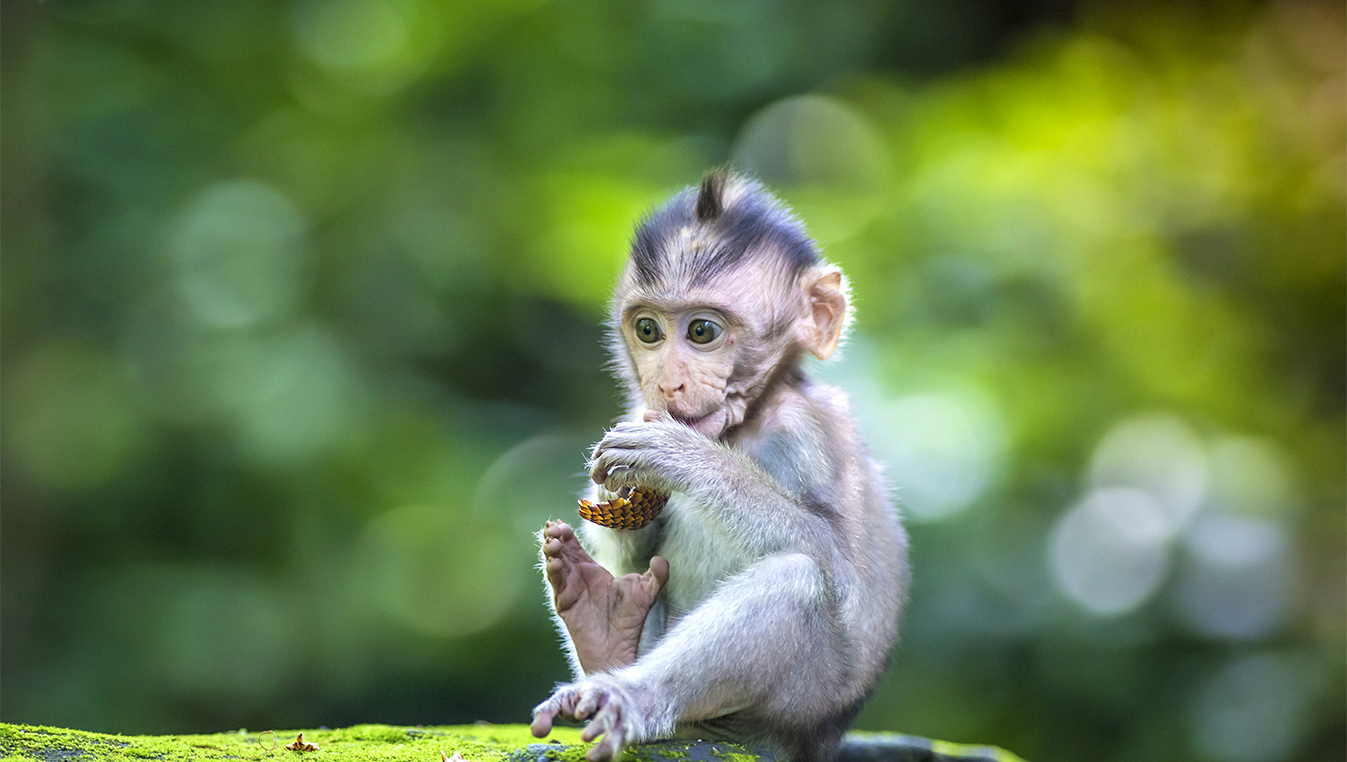Almost every one of us questions the fairness of God at one time or the other in life. So when an advertisement appeared in the newspaper about a talk on the subject ‘Is God Fair’ by Dada J.P. Vaswani, it drew my attention too. It was on 16 March, 1993 at the All India Institute of Medical Science Auditorium at New Delhi. Though I reached there in time, the auditorium was full to its capacity and I had to take a seat in the balcony which too became full after sometime. Why I am mentioning this is to indicate that most of us question the fairness of God and want to confirm our views. The talk was inaugurated by Shri L.K. Advani, who spoke very well and raised some very interesting points. He said we should expect fairness from God only when we are fair to Him. Expecting fairness in return for our unfairness will be to demand injustice from the Supreme Power. And therefore the question to ask should be whether we are fair. This appealed to me very much and I thought of summing up the talk of Dadaji under the title ‘Be Fair to God’.
In the life of everyone good as well as bad things come. We happily accept the good things and never question whether we deserve them or not. However, it is not the case with bad things. We do not accept them and even question the fairness of God. As a matter of fact, if we make a list of good things in life as well as of the bad things, in most cases the former will exceed the latter. By and large, life gives us more compensation and rewards than losses and punishments. If this is the case then it is not fair on our part to doubt the fairness of God.
In order to discuss the subject further, it is necessary to understand the concept of God. We all believe in one or the other form of God whatever we may call Him. After all there is a Supreme Power which is behind all creation and laws of the universe. Movement of terrestrial bodies, creation of day and night, law of gravitation, the changing of weather, falling of rains and scores of such things are all governed by fixed universal laws. Will not there be turmoil and havoc, if there is even slight deviation from these laws? Even if we do not believe in God in the orthodox sense, we have to believe in the universal laws of nature. For example, if an object is dropped from a height, it has to fall down and it would be foolish to expect it to go up. Even if for argument’s sake, it does so, the universe will become so topsy-turvy that living will become impossible. Therefore, let us interpret God as a Power who governs the laws of the universe which keep things going.
Once we accept this definition of God, we must also accept that there must be certain fixed laws behind good events as well as bad events of life. If we do so, the question of fairness of God, when bad things happen, will not arise. In fact, it would be unfair on our part to expect good things to happen when the laws of nature demand otherwise. Perhaps expecting that would be more disastrous than the consequences of the so-called bad things or seemingly cruel events.
This takes us to the ’Law of Karma’. ‘As we sow, so shall we reap” is an old saying. This is nothing but the ‘Law of Karma’. Nature expects us to follow certain laws in order to live a healthy, peaceful and harmonious life. How often do we break these laws? The contention is to establish that if we break the laws of nature, why should we not face the consequences? Not only this, nature is quite merciful in the sense that it gives us enough flexibility to break its laws and does not punish, if the laws are broken occasionally. Only when the laws are broken consistently we are punished. If we expect that it should not happen, the laws of nature will lose their meaning. For example, if someone smokes occasionally, he remains almost unaffected by its adverse effects but a chain smoker is bound to suffer whether we wish it or not. In fact, it would be against the law of nature to expect a chain smoker to remain healthy all through his life.
These arguments are very convincing in visible cause and effect cases. However, quite often we suffer in life for no evident cause. It is in such cases that we question the fairness of God. To understand this we have to believe in the theory of rebirth and the continuance of the account of Karmas. That is why so many times we suffer for no obvious reasons. The fact is that the cause of suffering is always there, though we may not know it.
However, nature or God is not so cruel so as to leave a suffering person without any hope or remedy. Nature does not make anyone suffer more than his entitlement or capacity to suffer. Even in suffering, there is always a silver lining. When suffering comes, it does not come alone. It comes with wisdom and the strength to face it. In fact, suffering and wisdom are the two sides of the same coin. If so, is this not the kindness of nature? Moreover, no one suffers more than what he deserves. It is like undergoing a term of imprisonment as prescribed in law. The convict is released the day his sentence is over and he no longer remains a convict.
Thus whatever happens to a man is due to his own doings. God or nature does not interfere in this but only ensures that the laws of nature are followed and it does so with a kind heart and may be at times with a heavy heart. We have full freedom of action. No one compels us to do bad Karmas. Good Karmas bring good things in life while the bad bring bad things. This law of Karma is applicable equally to individuals, societies, and nations. If we collectively do bad things, we are also bound to suffer collectively.
The reward or punishment for our Karmas may come to us in various forms there being no fixed pattern. Goodness may be returned by nature in the form of good health, good temperament, a good job, promotion, recovery from the disease, a good wife or husband, good children, etc. Similarly, the bad deeds may punish in the form of physical disability, disease, poverty or other bad events. In fact, the ‘Law of Karma’ is the law of effort and destiny. Actions of yesterday constitute the destiny of today and actions of today the destiny of tomorrow. After we are rewarded or punished for an action of ours, its effect is nullified. Some actions produce immediate effect while some are stored for future. These are called ‘Sanchit Karmas’. Their effect can only be lessened by our present Karmas and that is why some people are able to undergo suffering happily as they know that their Sanchit Karmas are being nullified and that they can look forward to a brighter period in life.
Fate, destiny, luck etc., are nothing but the effects of ‘Sanchit Karmas’. They determine the major incidents of our lives, like place of birth, parentage, wealth, children, wife, job, etc. We enjoy the fruits of our good Karmas till they are exhausted and unless we store more good Karmas, we cannot enjoy them indefinitely. This explains the bad events of life and if we can understand their background, we shall never question the fairness of God. In fact, questioning that will amount to being unfair to God. And if we want God to be fair to us, should we also not be fair to Him?
Defeat is a school in which truth always grows strong.
The tide always comes back. Don’t ever accept defeat.
YOU must learn to accept defeat without being defeated.
Good and bad luck are synonymous in a great majority, for instance, for good and bad judgement.
I am a great believer in luck. The harder I work the more of it I seem to have.
The ratio between hard work and luck is 70 : 30.













